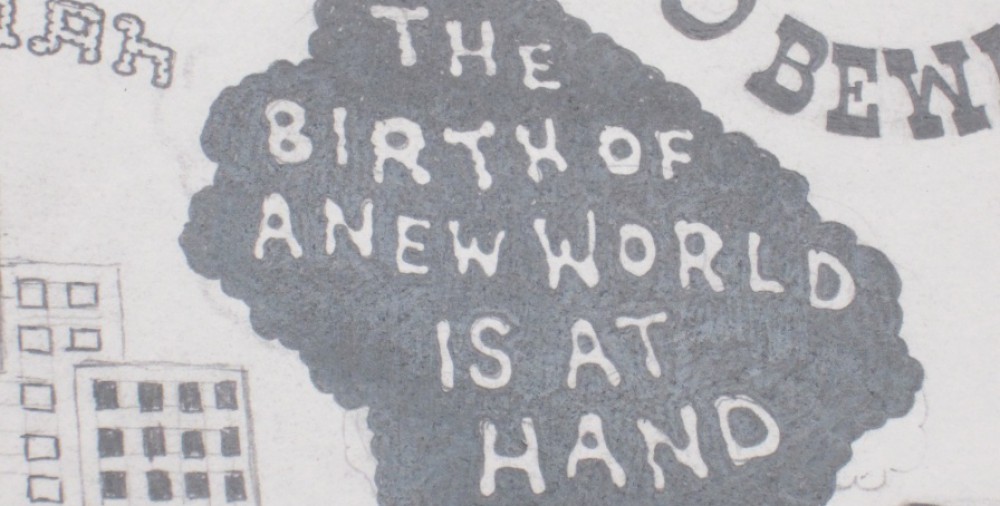In the next section of “We”, the reader is exposed to the continued “humanization” of D-503 as his feelings grow for I-330 and as he gulps in these new found emotions he even develops feelings for O-50. “I lay thinking and an extremely odd chain of logic inbound itself in my mind” (Page 101). Through the entry we see that D-503, has been through core emotional changes as he starts “thinking” instead of calculating. Previously, he was only adept at mathematical progress and machinations, now the desires of the human heart has impeded that ability with real human emotions. We are witness to D-503s evolution as a caring and loving human being as he is slowly weaned off of the desired structure of the One State. He is asking questions about his purpose in life and what he purpose is as a human being…not just a cog in the wheel of the One State. He can’t escape his core human essence and the arrival of emotion is an unknown feeling inside his brain. An example of this conflict is exhibited when he states “I am saddened to see, that instead of a harmonious and strict mathematical poem in honor of the One State, I am producing some sort of fantastic adventure novel” (Page 103) He is fighting his lifelong conditioning by the One State. He struggles so much and finds his new emotions so unnatural that he believes he is ill. “It is my duty to inform that Number D-503 is all and incapable of controlling his emotions” (page 127).
The irony is that D-503 is sick but it is because the One State has made him repress basic human emotion, where ” humility is a virtue, and pride a vice;” We” is from God, and “I” from the devil”( page 128). Despite that we see hope in the “utopian” “We” for the first time and love based story. The irrepressible side of human nature is winning the battle against repressive conditioning. Although, D-503 also has feelings for 0-50, who is considered more of an appropriate choice for D-503. Further, we see a love triangle developing between the two girls and D-503. Even O-50 understood strong feeling and connection between D-503 and I-330,”today you don’t need anyone ,anyone in the world expect her, the other one “( page 106). In essence, in the end D-503 truly follows his heart and chooses I-330 who would not be considered appropriate for him by the system.
The beauty of this section of “We” is that despite the overwhelming efforts of the system and the Overseer to condition the people to do its will, the human heart is even a greater force.



